Hyperkalaemia in Cardiorenal Disease – A Case Based Discussion
Published: 09 May 2023
-
Views:
 13378
13378
-
Likes:
 7
7
-
Views:
 13378
13378
-
Likes:
 7
7
Overview
In this engaging educational roundtable discussion 'Hyperkalaemia in Cardiorenal Disease – A Case Based Discussion', Prof James Burton (University of Leicester, UK), is joined by a renowned international faculty to explore emerging data and the changing landscape of medical management of hyperkalaemia.
RAASi therapy serves part of the foundational treatment for heart failure and chronic kidney disease, but it is also a risk factor for hyperkalaemia. This conundrum poses challenges to physicians managing cardio-renal patients.
More from this programme
Part 1
Summary and Recap on Patient Case Studies
Prof James Burton and Dr Shelley Zieroth recap on two patients with elevated K+ and discuss possible management approaches. If you voted in our online poll, you’ll want to watch these to find out how your peers voted and to hear what our expert panel have to say.
Part 2
Risk Factors for Hyperkalaemia
Who are most at risk of hyperkalaemia? What are the risk factors and is there an additive risk in cardio-renal disease? In this short presentation Prof James Burton addresses some of these important questions, before seeking insight from the broader panel of experts.
| 1 session | |
| Risk Factors for Hyperkalaemia | Watch now |
Part 3
Real-world HK Management Practices
Although guidelines are clear on how we should be managing patients on RAASi and with elevated K+, the real world evidence suggests our practices fall woefully short, with an alarming number of patients having RAASi doses lowered or discontinued completely. Furthermore, many never re-start, putting them at increased risk of future events. Dr Shelley Zieroth examines the real world evidence behind this and then goes on to examine why, with the help of the expert panel.
| 1 session | |
| Real-world HK Management Practices | Watch now |
Part 4
Towards an Aligned Treatment Approach in Cardiorenal PTS
In a bid to develop true international consensus, a Delphi method was deployed to address evident practice gaps and to bridge the lack of universally accepted approaches to the management of hyperkalaemia in cardio-renal patients. As the lead author, Prof James Burton provides an overview of this important document, summarising its rationale and outcomes. The full article can be accessed here.
Part 5
Managing Hyperkalaemia to Facilitate RAASi: Best Practices in Cardiorenal Patients
Guidelines are almost universal on their approach to using RAASi in the presence of elevated K+, but what do they actually say? Furthermore, what do they say about the use of binders and other methods of controlling elevated K+? In this very concise presentation, Dr Andrew Frankel provides a summary of multiple society guidelines, distilling three critical take-home messages. Additional discussion on the practical implementation of guidelines proceeds the main presentation.
Part 6
Clinical Impact of Suboptimal RAASi
What is the impact of sub-optimal RAASi treatment? In this sobering presentation, Dr Clara Bonanad draws on clinical data to demonstrate the adverse outcomes from sub-optimal RAASi, and leaves us with a direct call to action to do more by acting earlier and using evidence-based potassium-lowering medication.
| 1 session | |
| Clinical Impact of Suboptimal RAASi | Watch now |
Part 7
Clinical Questions Answered and Close
Prof James Burton directs some of the questions submitted from our live audience to members of the panel.
Faculty Biographies

James Burton
Professor of Renal Medicine
Prof James Burton is Honorary Consultant Nephrologist and Professor of Renal Medicine and Associate Dean for Clinical Research at the University of Leicester, Leicester, UK. His principal research interests are the mechanisms underlying uraemic cardiovascular disease modification of cardiovascular risk in patients with end-stage renal disease and the identification and application of novel biomarkers.
In addition Prof Burton is involved in the development and running of clinical trials; he is Chief Investigator for the NIHR funded NightLife trial investigating the impact of nocturnal dialysis on patient outcomes as well as the Kidney Research UK funded CONFIRM study exploring the utility of a novel cardiac magnetic resonance imaging (MRI) techniques in haemodialysis patients. Prof Burton is the independent Chair of two multi-centre NIHR Trial Steering Committees and sits on a number of others.
He is the current Chair of the UK Kidney Association Clinical…

Shelley Zieroth
Director, Heart Failure and Heart Transplant Clinics
Dr Shelley Zieroth is Professor at the College of Medicine, Max Rady Faculty of Health Sciences, University of Manitoba, as well as Director of the Heart Failure and Heart Transplant Clinics at St Boniface Hospital in Winnipeg, Canada. She is also Head of the Medical Heart Failure Program for Cardiac Sciences Manitoba.
She is involved in several heart failure clinical trials as a PI, National Lead or Executive Committee member. She is the Past President of the Canadian Heart Failure Society and Co-Chair of the Canadian Cardiovascular Society Heart Failure Guidelines. She is co-chair of Canada’s largest annual heart failure meeting, HF Update, and Past President of the Federation of Medical Women of Canada.
Dr Shelley Zieroth is an Editorial Board member of Cardiac Failure Review.

Clara Bonanad Lozano
Dr Clara Bonanad Lozano is a cardiologist at the University Clinical Hospital of Valencia, ES and president of the Association of Geriatric Cardiology of the Spanish Society of Cardiology. Her clinical interests are Myocardial Infarction, Echocardiography, Pacemakers, Cardiac Imaging, Diabetes, Cardiovascular, and Heart Failure.

Andrew Frankel
Consultant Nephrologist
Dr Andrew Frankel has been working as a consultant nephrologist at Imperial College Healthcare NHS trust since 1995. He has experience in managing all aspects of kidney disease but has a particular interest in relation to the management of diabetes in the context of kidney disease. Over the years he has maintained a significant research interest in relation to diabetes and kidney, both in terms of how diabetes affects the kidneys leading to deterioration in kidney function, but also in relation to how the presence of kidney disease influences the management of diabetes. Because of this experience, Dr Frankel has played a significant role in the development of national guidelines on the management of diabetes in the context of kidney disease. He is a regular speaker both locally and nationally and indeed internationally in relation to matters pertaining to diabetes and the kidney.
In collaboration with colleagues within Imperial College and indeed both…







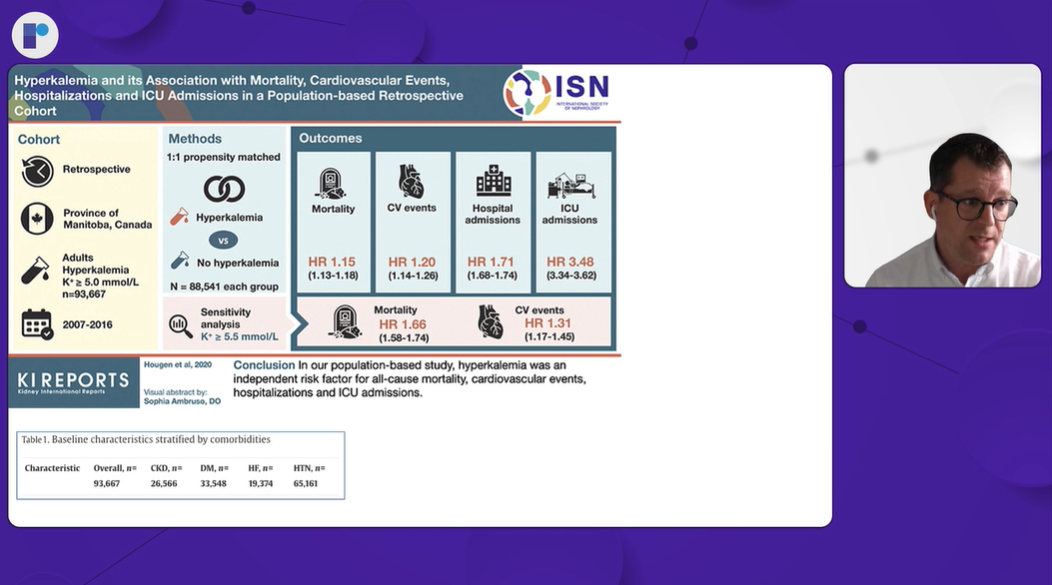
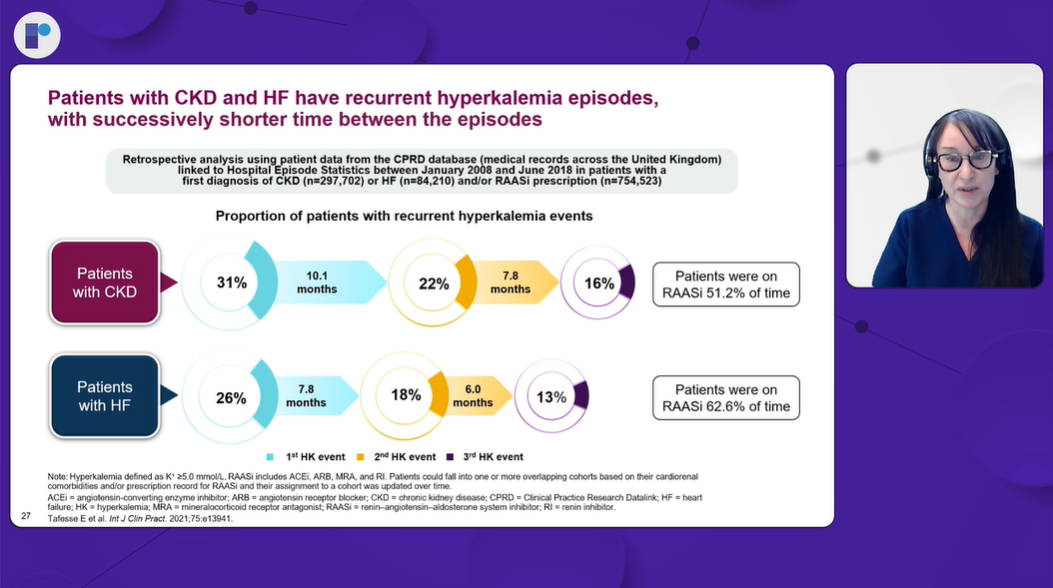
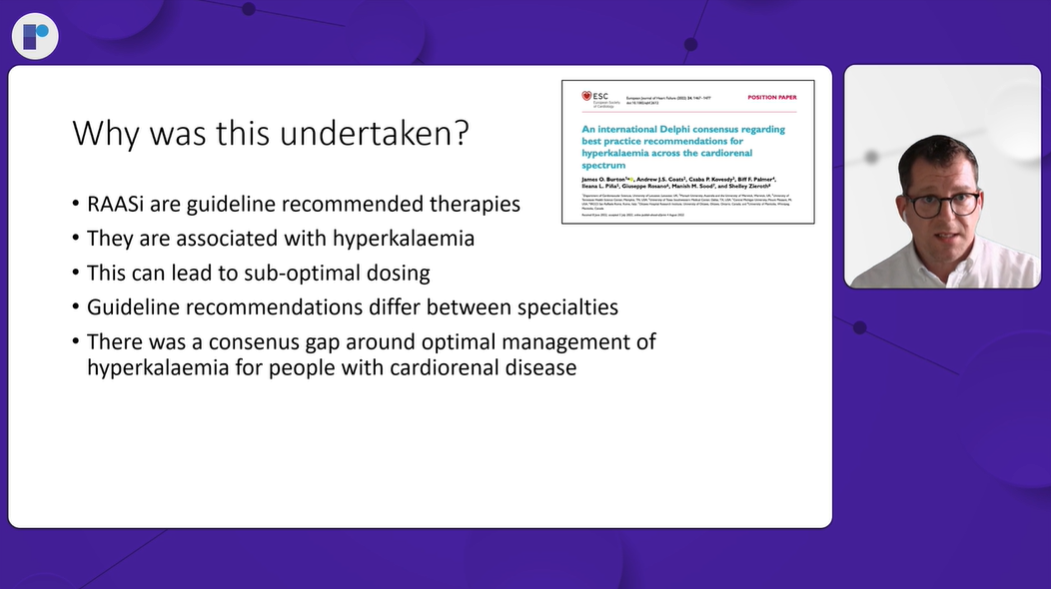
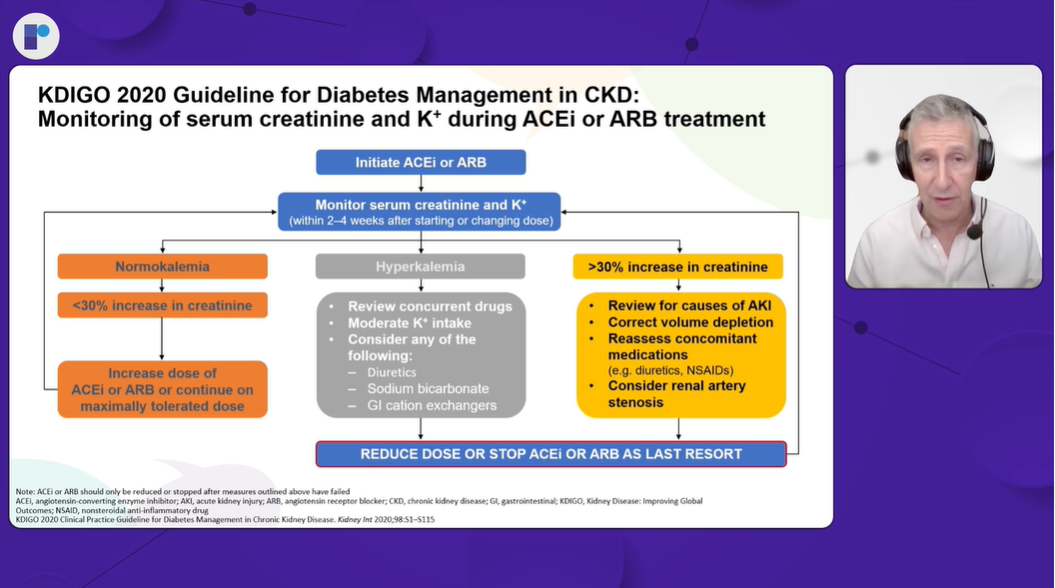
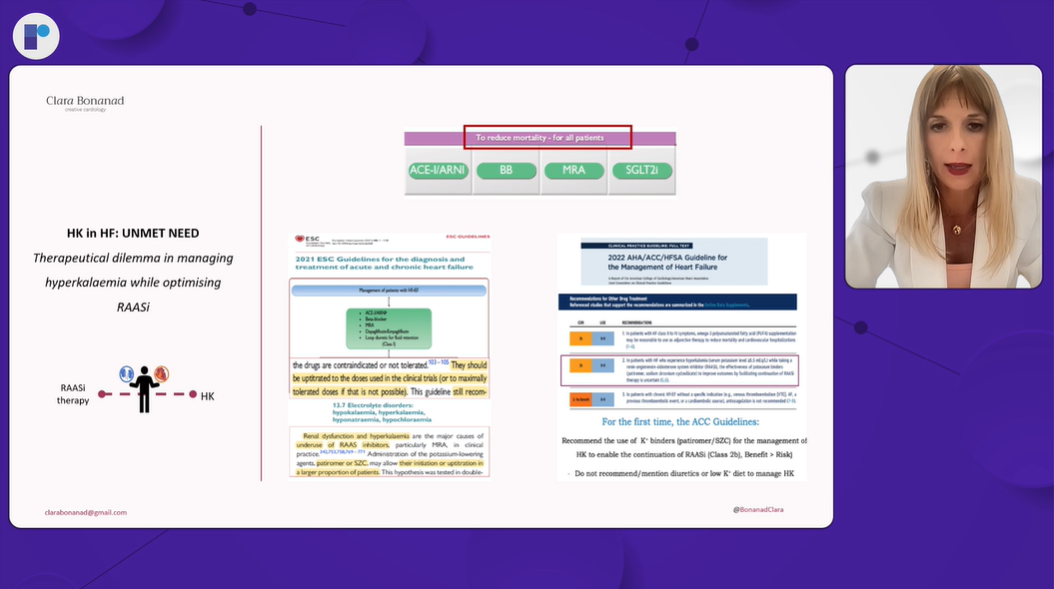

Comments